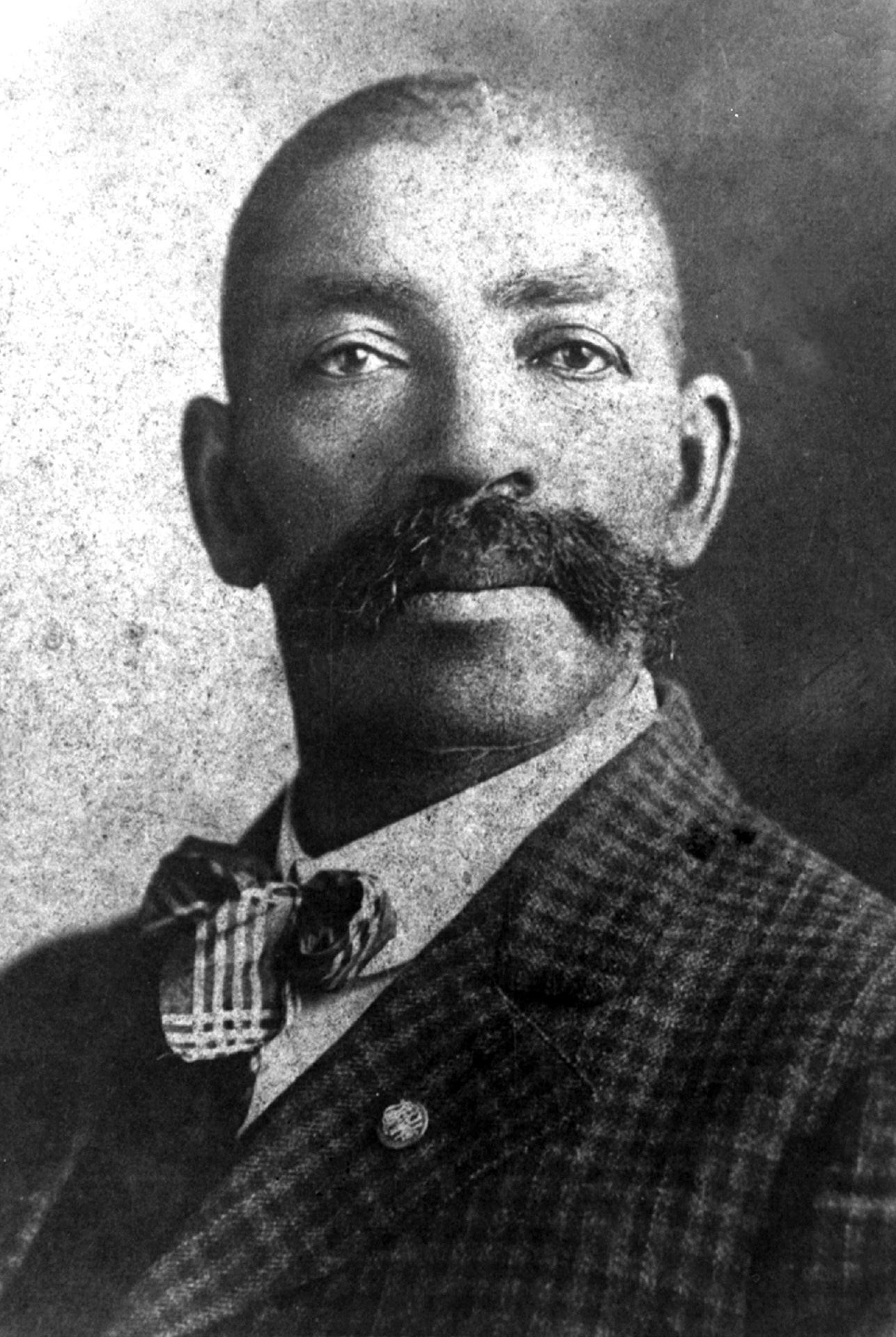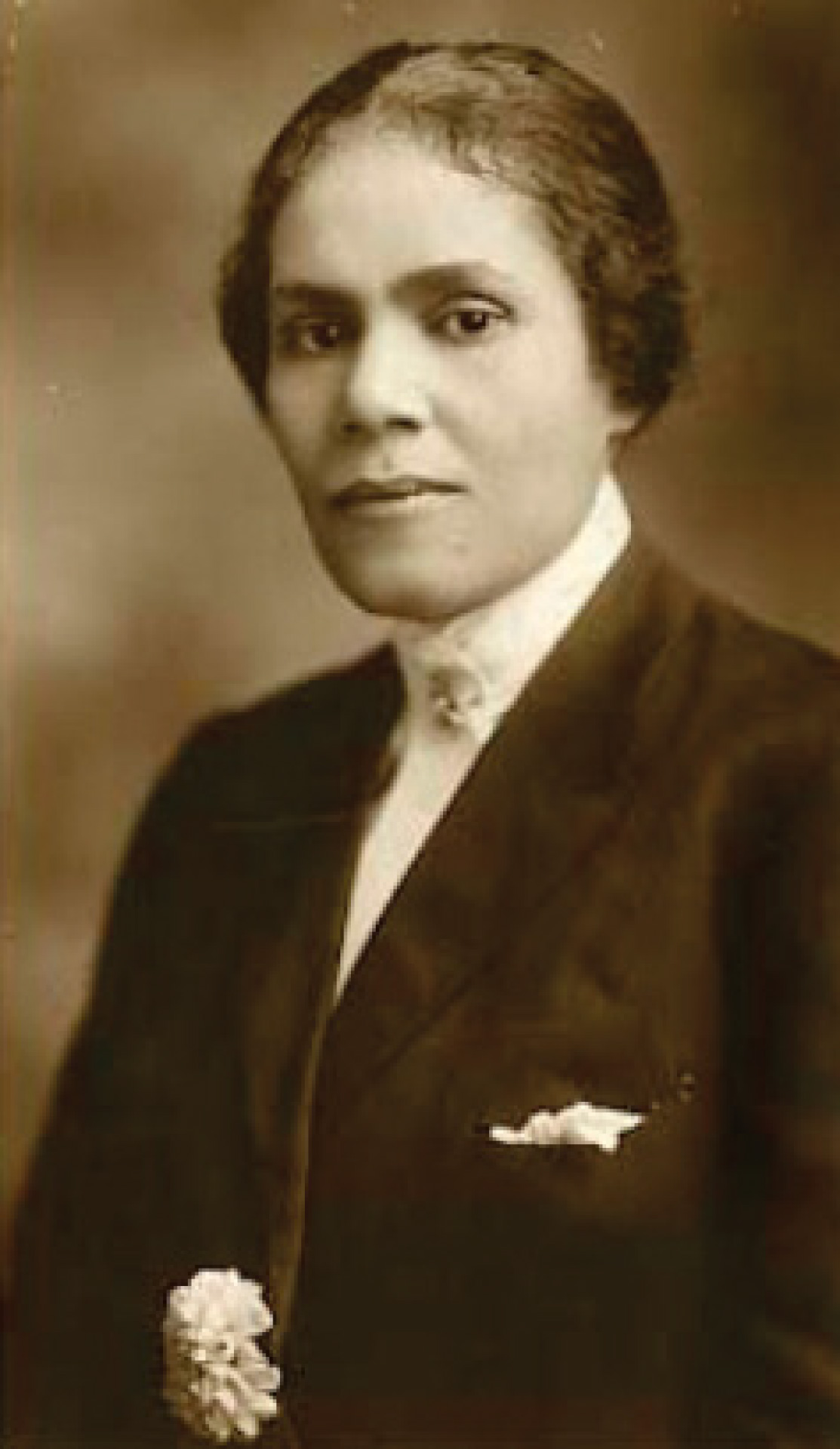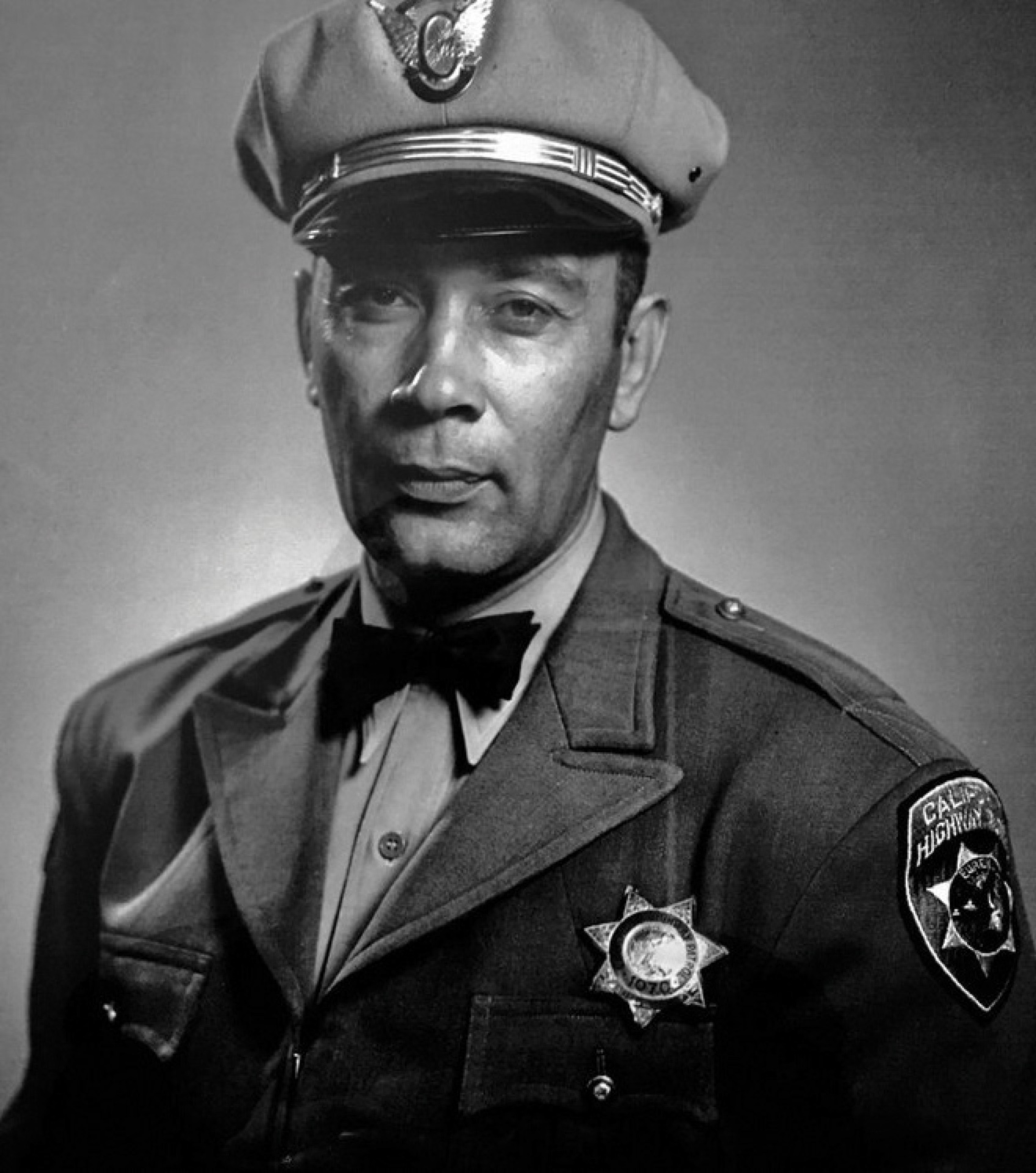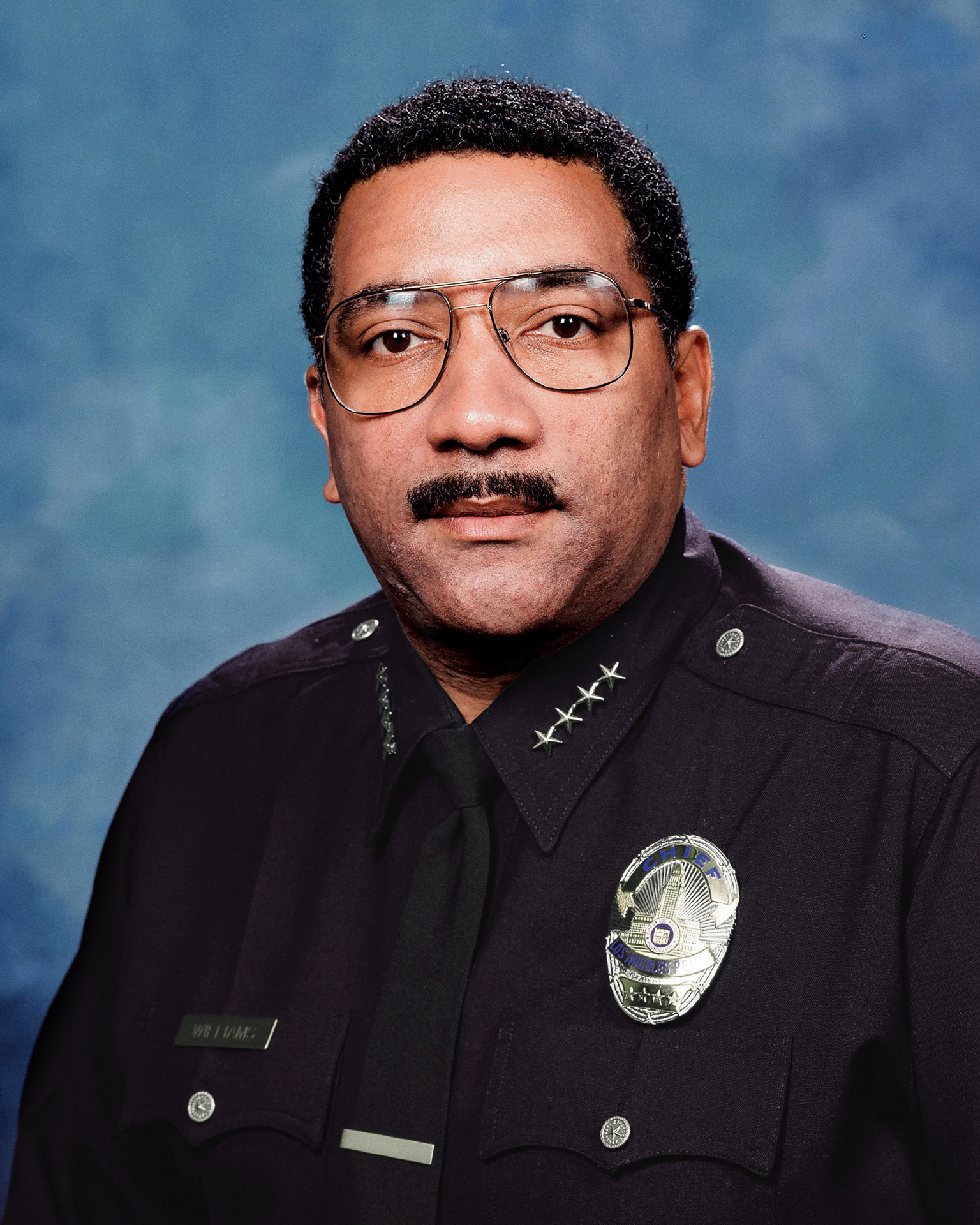In honor of Black History Month this February, we’re featuring Black peace officers who not only made history but played a significant role in shaping policing in our country. The inspiring individuals spotlighted here were among the many “firsts” in the profession who shattered the color line, paving the way for increased diversity in our ranks and inclusive departments that better reflect the communities we serve.

(1838-1910
Bass Reeves
(1838–1910)
Bass Reeves, the heroic lawman of the American West said to have inspired The Lone Ranger, was the first Black American commissioned to serve as a U.S. deputy marshal west of the Mississippi River.1
Prior to beginning his storied law enforcement career, Reeves was a slave in Texas who escaped at the outset of the Civil War. He hid in Indian Territory (Oklahoma) and took refuge with native tribes in the area. While laying low, he learned tribal languages and customs and trained extensively with a pistol, all skills that would serve him well later in life as a peace officer. In 1863, with the signing of the Emancipation Proclamation, Reeves became free and moved to Van Buren, Arkansas, where he became a landowner, husband and father.
In 1875, Reeves was one of the 200 deputy marshals recruited by U.S. Marshal James F. Fagan and Isaac C. Parker, the judge for the Federal Western District Court at Fort Smith, Arkansas, to help “clean up Indian Territory,” which was part of the court’s jurisdiction and had become a haven for outlaws. Reeves was selected for his knowledge of the tribes in the area.2
Reeves served as a marshal for 32 years and garnered a reputation for ruthlessness and his unmatched ability to catch criminals — he reportedly had arrested 3,000 people in Indian Territory by 1901. Reeves retired from federal service in 1907, but continued to wear the badge as a policeman in Muskogee, Oklahoma, for two years before his death.

(1838-1910
Georgia Ann Robinson
(1879–1961)
Georgia Ann Robinson was the first Black female police officer to be hired by the LAPD in 1916, and history suggests that she was the first Black female police officer in the entire country.3
Robinson began her career with the department as a volunteer before becoming a full-fledged officer. She was assigned as a jail matron, a role that was historically the first for women in law enforcement, which entailed tending to the needs of female inmates and delinquent children. Later, she worked as a juvenile and homicide investigator. In this role, she recognized the city’s need for a women’s shelter and established the Sojourner Truth Home.
Robinson’s 12-year law enforcement career ended abruptly when she was blinded by an inmate while trying to break up an altercation in her jail. After leaving her police work behind, she continued to serve her community by working at the Sojourner Truth Home and partnering with community leaders and the NAACP to fight for the desegregation of schools in the city.

(1838-1910
Homer L. Garrott
(1915–1998)
Homer L. Garrott became the first Black California Highway Patrol (CHP) officer in 1942 and remained the agency’s only Black officer for 13 years.4
Garrott was assigned to the East Los Angeles division; however, his hiring was not well received by some of his peers and members of the community, who, led by a local newspaper, petitioned for his removal from the department. Despite their efforts, the CHP stood by its decision to employ Garrott. He spent most of his 22 years on the department on motorcycle duty.5
In 1954, Garrott began attending Southwestern University School of Law while off duty. He graduated in 1957 and was admitted to the State Bar of California in 1960. Four years later, he retired from the CHP to work in the Los Angeles court system. He was a deputy public defender, a Juvenile Court referee and a Los Angeles Municipal Court commissioner, and was appointed by Governor Ronald Reagan as judge for the Compton Municipal Court in 1973.
Garrott retired in 1984, but he remained active in his community and continued to serve as a part-time judicial officer and Superior Court referee.

(1838-1910
Willie L. Williams
(1943–2016)
Willie L. Williams became LAPD’s first Black chief in 1992, taking the helm from Chief Daryl Gates, who stepped down following the Los Angeles riots that erupted after the acquittal of the officers who violently arrested Rodney King. Williams, who had previously served as the police chief in Philadelphia from 1988 to 1992, was tasked with restoring trust and positive relationships between police and Black communities in Los Angeles.6
Williams persevered through a difficult tenure as chief from 1992 to 1997. However, despite the resistance and hostility he faced from union officials, the rank and file, and the Police Commission as an outsider brought in to turn around a department in turmoil, he largely succeeded in his goal, which he realized through community policing. This approach, which integrated officers into the communities they served, garnered strong approval ratings from residents and praise from city officials.
Williams also fought to change the LAPD from within, advocating for the hiring of more female officers, addressing sexual harassment and discrimination, and reshaping officer training, discipline and more.7
A Noble Organization
In 1976, a three-day symposium in Washington, D.C., brought together 60 top-ranking Black police executives from across the country to address crime in low-income urban areas. During the meeting, they raised questions about issues such as fairness in the administration of justice, police–community relations, the hiring and promotion of Black police officers and the unique problems faced by Black police leaders. These engaging discussions led to the unexpected creation of the National Organization of Black Law Enforcement Executives (NOBLE), a public service organization that unifies the voices of Black law enforcement leaders to make a significant impact on the criminal justice system. NOBLE has nearly 60 chapters with more than 3,000 members worldwide. For more information, visit noblenational.org.
References
1 Matt Helm, “Bass Reeves (1838–1910),” BlackPast.org, November 17, 2007, tinyurl.com/bdcm6wp8.
2 “The Real ‘Lone Ranger,’” National Law Enforcement Officers Memorial Fund (NLEOMF), nleomf.org/bass-reeves.
3 “America’s First Black Female Officer,” National Law Enforcement Officers Memorial Fund, nleomf.org/georgia-ann-robinson.
4 L.A. Times Archives, “Homer Garrott; Judge, First Black CHP Officer,” Los Angeles Times, March 20, 1998, tinyurl.com/2p964sfu.
5 “Homer Garrott Blazed a Trail for the CHP,” The California Association of Highway Patrolmen, tinyurl.com/mr35twch.
6 Joel Rubin, “Willie Williams, Los Angeles Police Chief After the 1992 Riots, Dies at Age 72,” Los Angeles Times, April 27, 2016, tinyurl.com/2rcxue8b.
7 “LAPD’s First Black Chief,” National Law Enforcement Officers Memorial Fund, nleomf.org/willie-l-williams.
